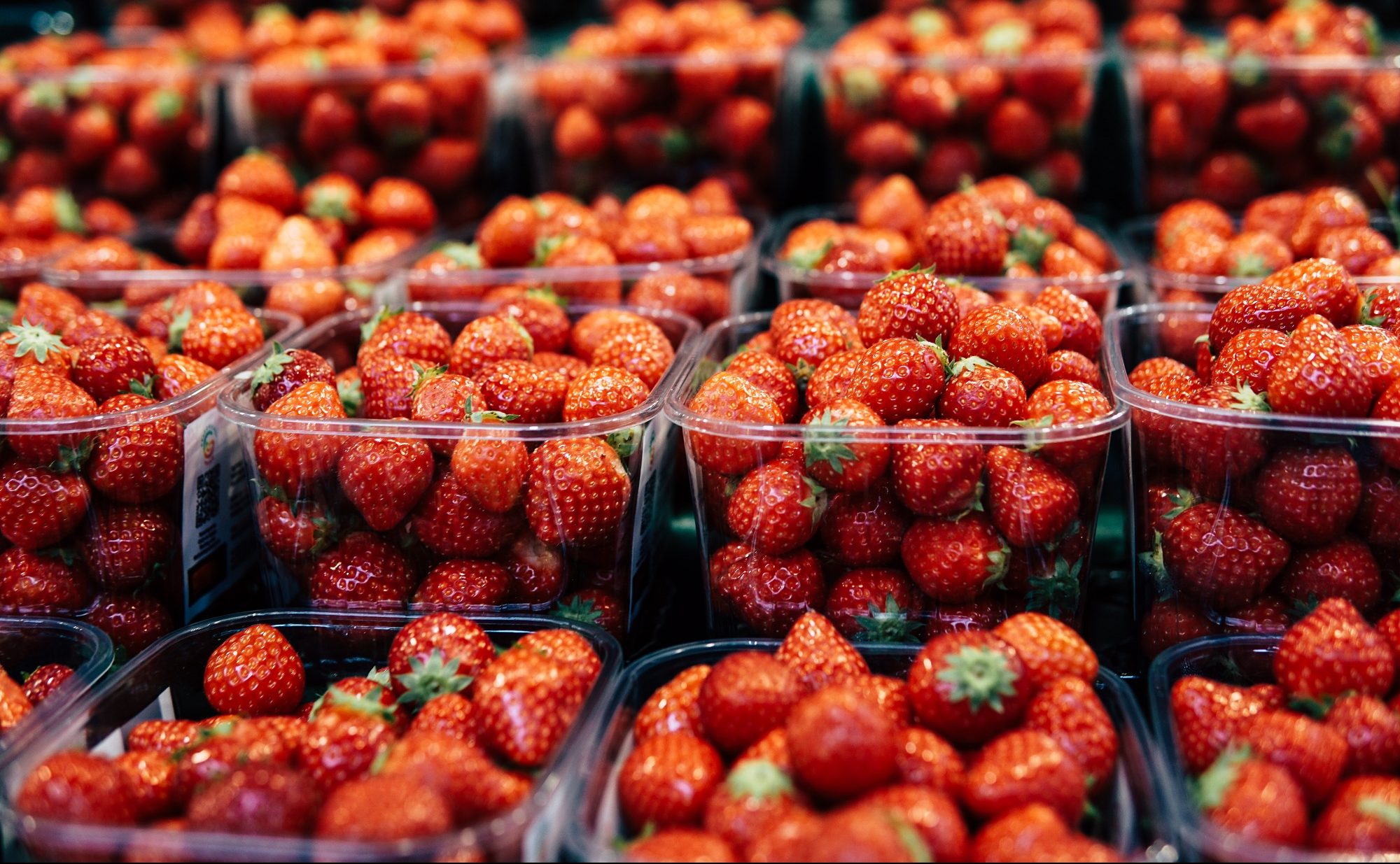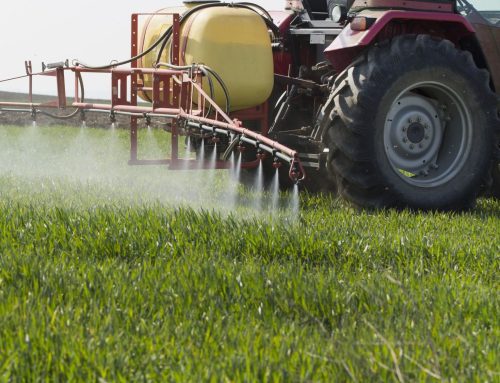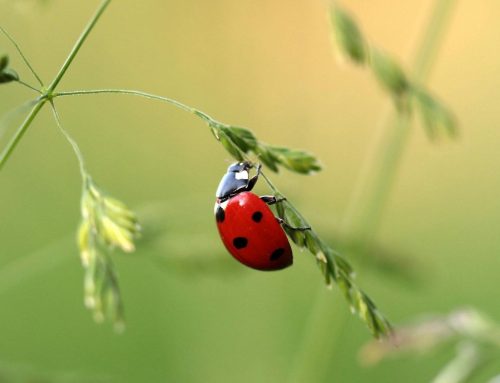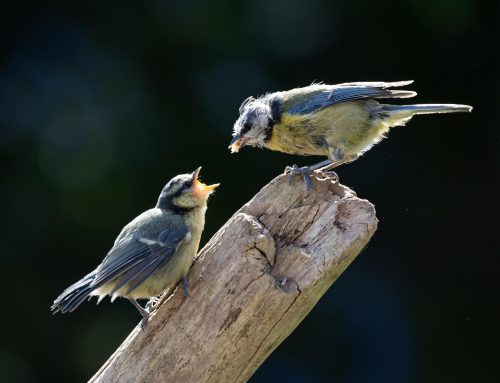But there’s still a long way to go…
By Hannah Conway, Assistant Campaigner, PAN UK
In November 2019, we launched a campaign calling on UK supermarkets to do more to protect human health and the environment from pesticides used in their global supply chains.
Our top recommendation to all supermarkets was to phase out the most hazardous pesticides from their global supply chains. We also urged them to become more transparent about pesticides by making a range of information publicly available, including their full pesticide policy and detailed results of their residue testing programme.
Despite it being very early days for the campaign – which will run until at least 2022 – I am delighted to report that many supermarkets have already made small but important commitments of extra actions they will take to reduce pesticide-related harms. PAN UK will be working directly with the supermarkets and watching their efforts closely to ensure that these promises become a reality. We will also be pushing for them to go much further and implement our full list of recommendations.
Here’s an overview of the concrete commitments we have already received:
- Aldi will expand their residue testing programme to include a wider variety of food items. This puts more pressure on suppliers to reduce pesticide use in order to avoid high residues.
- In 2020, they plan to publish a web page describing their approach to pesticides. While this is an improvement on some other supermarket websites which don’t include any information on pesticides, it falls short of our calls for supermarkets to be more transparent by publishing their full pesticide policy.
- Asda have published a broad overview of the results of their pesticide residue testing programme. This is a step forward but the information is very general so, as with all UK supermarkets, their customers remain unable to find out which specific food items contain the highest levels of pesticides and therefore to avoid.
- Asda also published a blog post giving their customers some basic information on which pesticides they ban, how they work with farmers to reduce pesticides and ways in which they are improving on transparency. We hope to see Asda publish their full pesticide policy and the lists of which pesticides they ban, restrict and monitor in future.
- They plan to publish details of their pesticide policy in the near future.
- They are looking into ways of boosting their organic sales by stocking a wider range of organic items, but only in stores that already enjoy relatively high organic sales. However Co-op should consider working to increase organic sales across all of their stores.
- In 2020, M&S plan to reinstate their Agronomy Group which gives growers a chance to share knowledge around pesticide reduction and non-chemical alternatives. Enabling farmers to come together is a vital part of supporting them to reduce pesticide use.
- They will review their lists of pesticides that they ban, restrict and monitor throughout their global supply chains. In particular, we will be pushing the company to ban bee-toxic neonicotinoids throughout its global supply chains.
- The company has plans to expand its organic range by 15-20% and make their organic products more appealing through a redesign of the packaging.
- In September 2019, Morrisons announced that it would be taking glyphosate-based weedkillers off their shelves in 2020. A welcome commitment, but we would like them to go further by ending the sale of all synthetic pesticide products.
- The company will publish more information on their pesticide policy in 2020.
- They will communicate the beneficial role ‘pests’ can play in the environment and educate their customers to accept finding the odd insect. This is crucial since complaints from customers about finding bugs in fresh produce is a key obstacle to reducing pesticide use.
- Sainsbury’s are looking into ways of boosting organic sales through expanding their organic ranges and doing more to promote them.
- Tesco plan to expand their residue testing programme to include frozen and canned produce.
- While Tesco does place restrictions on the use of certain pesticides, it is one of the few UK supermarkets which does not have set lists of pesticides which it bans, restricts or monitors due to environmental and health concerns. The company told us that it plans to create these lists of pesticides which would be a huge step forward in reducing pesticide-related harms throughout its global supply chains.
- They intend to expand their organic range by up to 60 new products.
- Waitrose are looking to replace their range of synthetic pesticide products with organic or non-chemical equivalents. They also plan to provide advice to customers on non-chemical methods for controlling pests in store or online.
- They are proactively looking to increase the number of organic items that they sell.
It is thanks to public pressure that supermarkets are committing to do more to protect human health and the environment from pesticides. If you are one of the people who has already emailed supermarket CEOs about pesticides, congratulations on your achievements! If you haven’t yet taken our quick online action, it’s not too late! Please take a minute to tell your supermarket that you care about this issue and want them to take action.
Meanwhile, we will keep working directly with supermarkets and keep you updated on their progress. Watch this space!







